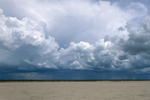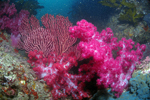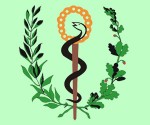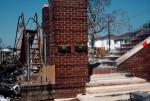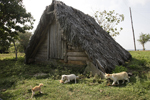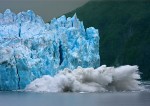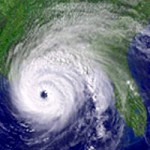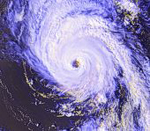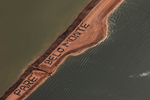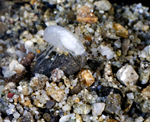Colonialism of the Mind – Part I | ‘Colonizar as Mentes’ – Parte 1
By Dady Chery, Haiti Chery. Western journalists increasingly assume the voices of subjugated countries’ natives while muzzling them by denying them access to the press. In the United states, the more visible venues of the alternative press, such as online news sites Truthout, Common Dreams, and Huffington Post are essentially closed to native writers. More than this, the punditry promotes the neoliberal agenda and encapsulates it in reasonable-seeming and progressive-sounding language.
Continue reading →

